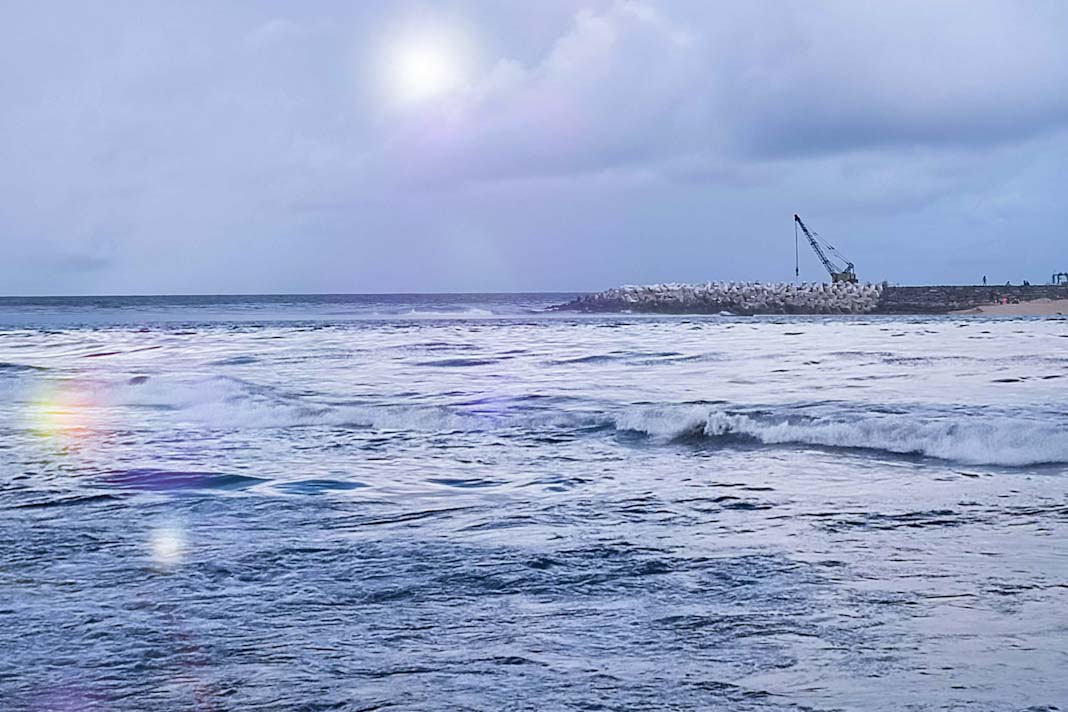 Europe has its sights set on reducing greenhouse gas (GHG) emissions by at least 55% by 2030. To meet that ambitious target, the European Commission has announced its FuelEU Maritime Regulation to promote the use of renewable, low-carbon fuels and clean energy technologies for commercial vessels.
Europe has its sights set on reducing greenhouse gas (GHG) emissions by at least 55% by 2030. To meet that ambitious target, the European Commission has announced its FuelEU Maritime Regulation to promote the use of renewable, low-carbon fuels and clean energy technologies for commercial vessels.
Maximum limits
Slated to kickstart on 1 January 2025, it sets maximum limits for the yearly average greenhouse gas (GHG) intensity of energy used by all vessels over 5,000GT calling at European ports, regardless of their flag.
Implications
Part of the European Union’s (EU) broader efforts to reduce GHG emissions, the FuelEU Maritime Regulation has implications for the shipping industry operating in the EU’s territorial waters and ports, as well as for ships arriving at EU ports from non-EU countries.
Vessels operating within the EU will be required to report their fuel consumption data, emissions data, and other relevant information to the relevant authorities.
This includes reporting the amount of fuel consumed, distance travelled, time spent at sea, and the amount of CO2, SO2, and NOx emitted during each voyage. Other relevant information that must be reported include the type of fuel used, the energy efficiency of the vessel, and any measures taken to improve energy efficiency. These reporting requirements will be mandatory and non-compliance can result in financial penalties.
GAC Bunker Fuels is the first bunker company to align with the United Nations’ Sustainable Development Goals (UN SDGs). And as a global ship agent at ports throughout Europe and beyond, the GAC Group can tap into its resources and expertise – including GAC Bunker Fuels – to guide customers as they navigate and meet the demands of environmental regulations.
FuelEU signals another major step towards the sustainability and resilience of European shipping. Its introduction highlights the need for awareness of the evolving regulatory landscape, and the importance of embracing innovation, driving efficiency, and championing decarbonisation.
Did you Subscribe to our daily newsletter?
It’s Free! Click here to Subscribe
Source: GAC
















